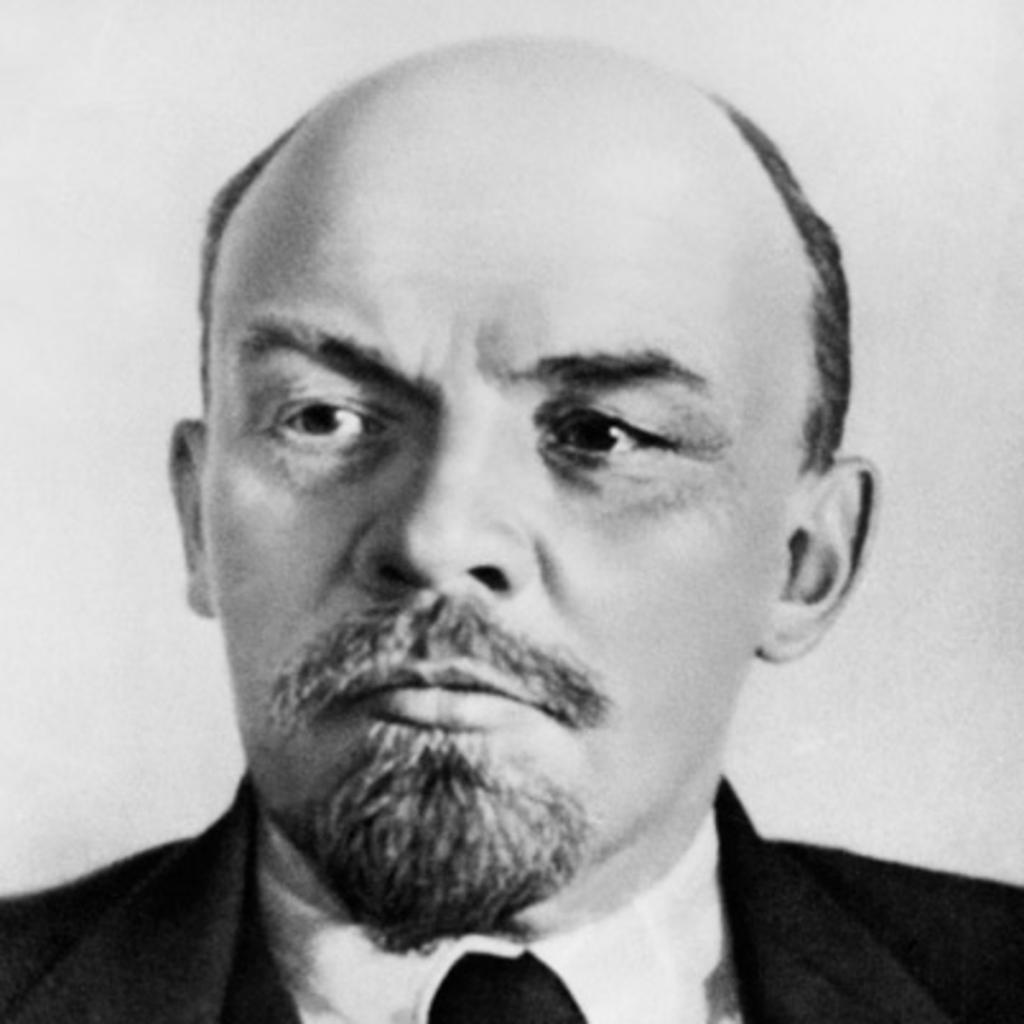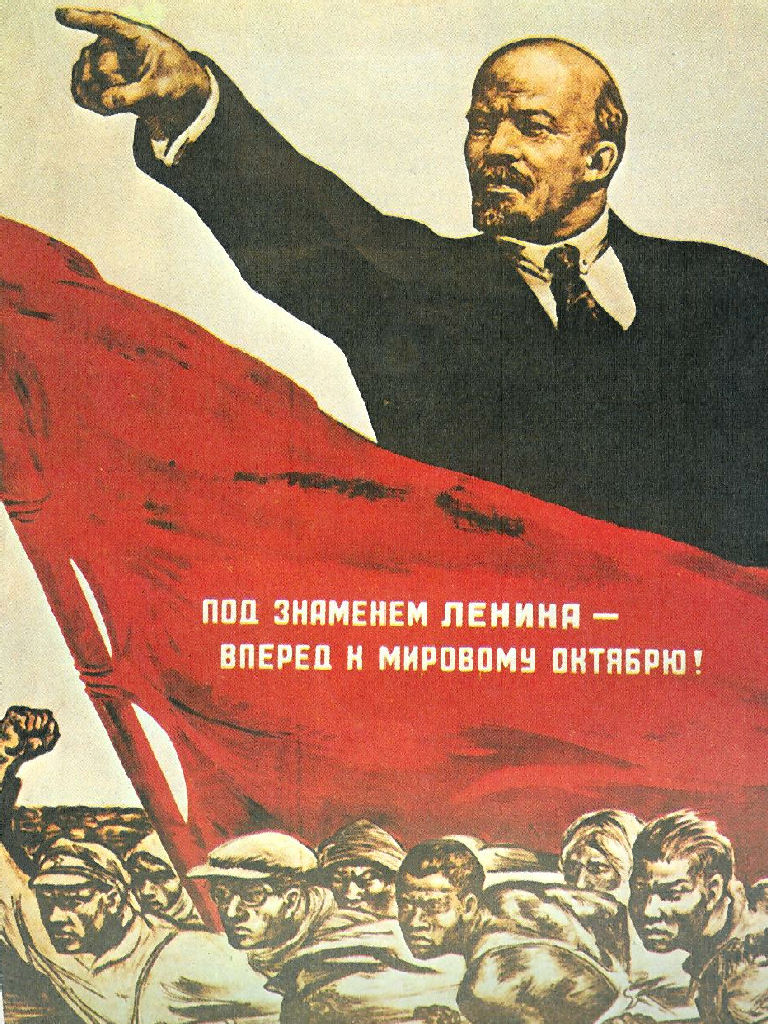The main ideas of communism developed by the middle of the 19th century. The doctrine developed by Karl Marx and Friedrich Engels was intended to be an alternative to traditional liberalism and conservatism. This became possible due to the rapid increase in the number of wage workers, which determined the new structure of society: the capitalists began to oppose the class of the industrial proletariat.
Background
A peculiarity of the mentality of the first proletarians was the lack of political culture and serious education; therefore, propaganda of sufficiently radical communist ideas was not a difficult task. German émigrés were at the forefront of secret societies developing new ideas. In 1834, the Union of Exiles appeared in Paris, an organization calling for a violent change in political structure. The “Union of Exiles” and the Union of the Fair, which arose after its defeat by the authorities, proposed using the services of marginalized groups of society — bandits, thieves, and vagrants — to achieve their goals. In 1839, members of the Justice Union attempted to stage an armed uprising, but the attempt was unsuccessful. Some members of the society managed to escape arrest and moved to London, where in 1847 the “Union of Communists” was created, led by Marx and Engels.
"Manifesto of the Communist Party"
The first program documents of the new organization quite clearly demonstrated the direction of the thoughts of the Communists. The basic idea of 19th-century communism was also voiced in the charter of the union: the proletarian revolution, which would do away with the exploiting industrialists, was inevitable. The “Manifesto of the Communist Party”, which soon appeared, emphasized that the overthrow of the previous system would be violent, and that when the Communists came to power, a dictatorship of the proletariat would be established.
Thus, the essence of the idea of communism did not consist in smoothing out the contradictions between the bourgeoisie and the proletariat, but in their escalation. The reason is simple: without the growth of social tension, the idea of a communist revolution would be unclaimed.
The basic principles and ideas of communism
Outwardly, the constructions of Marx and Engels painted a utopian picture of the future, in which injustice will end forever, and each person will be involved in government and redistribution of income on a fair leveling basis. To achieve this was supposed as follows:
- all forms and types of ownership will be in common use;
- destruction of private property and any form of dependence;
- creating a system of public relations based on the class approach;
- the upbringing of a person of a new type, the moral principles of which disinterested labor will replace the previous material interest;
- the prevalence of public interests over personal ones;
- implementation of the principle of equality of results as opposed to liberal equality of opportunity;
- merging of the state and the communist party.
Principles of labor organization
First of all, Marx was an economist, so he could not help but think about creating a new exchange equivalent in exchange for money, which also had to be withdrawn from society. Among the basic ideas of communism is also the creation of labor groups, the membership of which everyone was obligated to, without exception. To avoid the accumulation of property in the same hands, it was supposed to cancel the right to transfer property by inheritance. Satisfaction of the basic needs of society would be transferred to the party-state, which, on the basis of centralized planning, would establish consumption standards ("from each according to his capabilities, to each according to his needs").

An important role in the life of the state of a new type was to play logistics and banking. This problem was also solved in line with the political and legal ideas of early communism: all means of transport and communication were to go under the control of the party-state, like all banks. Rental payments for the use of land were withdrawn from the hands of their former owners and sent to the state budget. All these measures, according to Marx and Engels, should have been the content of the transitional period to socialism.
Social aspect
One of the main ideas of communism is the creation of a new type of person. The state party was supposed to take control of education. It was supposed to educate the younger generation at no cost. Serious attention was paid to the ideological preparation of youth. All boys and girls had to perceive the basic ideas of communism and scientific socialism, carefully follow them in everyday life. Religion - as a system of views opposing communism - was to be expelled from the spiritual sphere of society.
The elimination of inequality also implied a gradual blurring of the distinction between town and country. However, it was planned to implement this in a peculiar way: agriculture, controlled from the center, was supposed to meet the needs of industrial enterprises.
The destructive elements of the theory
Communism was born in a tough confrontation with other theories of social development, especially with liberalism. If liberals assumed that each individual is free, and his behavior is reasonable, then communism was based on the need to inject revolutionary ideas into society. The proletariat and peasantry seemed to the ideologists of communism insufficiently conscious.
This led to the conclusion that the opponents were able to sabotage the educational work of the Communists. In practice, this turned into a search for the enemy. All carriers of a different ideology, especially foreigners, unconditionally fell into this category. The Communist theory of educating young people in practice boils down to memorizing the basic tenets of learning without critical consideration. Hence the rejection of religion from the very first days of the doctrine: in its essence, communism imposed a new faith on people, and to consolidate this position it completely dissolved the personality in society.
Soviet experience
The first attempt to implement the basic ideas of communism was made in Russia. Although Marx himself was skeptical of the possibility of a communist revolution in Russia, history decreed otherwise. At present, the term “Marxism-Leninism” is used to refer to the ideology established in the USSR, but the political practice of the young Soviet Republic was based on ideas to a greater extent than Marx than Lenin.

The First World War and the Civil War resulted in a complete regression of productive forces. The declassified and demoralized society proved to be incapable of productive activity. Meanwhile, the new state needed funds to protect sovereignty in the face of possible expansion by Germany and the Entente, as well as to combat the white movement. At first, the Soviet government tried to adhere to orthodox Marxism: it published diplomatic documents of the Russian Empire with the aim of discrediting imperialism, refused to pay debts, citing the abolition of commodity-money relations, etc. But already in April 1918, the failure of such a course became obvious.
War communism
For many historians, there is a rather complicated problem: was military communism an idea or a necessity? On the one hand, it was an attempt to prevent a complete collapse of the economy, on the other hand, war communism emerged as a teaching that continued the theory of Marx and Engels. There is a third position: there is no reason to link the regime established in Russia after the revolution with Orthodox communism. According to these researchers, we are talking only about the natural need of society during the period of mass devastation to organize in a commune.

Researchers of the third group, as a rule, do not take into account the ideological component. According to the theory of orthodox communism, a revolution must spread from one country around the world, because the proletariat is everywhere an oppressed and powerless class. Therefore, one of the goals of the policy of war communism was to create a regime that would allow the Soviet state to hold out in a hostile environment until the start of the world revolution.
Scientific communism
The theory of permanent revolution turned out to be erroneous. After realizing this fact, the Soviet leadership went on to build socialism in a single country. Particular attention was again paid to ideology. The teachings of Marx and Engels, and later Lenin, began to be perceived as a scientific discipline, without which Soviet people could not exist. The authors of the idea of scientific communism developed their own methodology of analysis, which, in their opinion, worked in any branch of science - both in history and in biology or linguistics. The basis of scientific communism was dialectics and historical materialism.
Since the USSR was for a long time the only country in which the communist revolution took place, it was the Soviet experience that was put at the forefront. An essential part of the theory of scientific communism was Lenin's doctrine on the technology of the proletarian revolution.
Communism and socialism
As already indicated, communism from the very first days of its existence sharply opposed the rest of the teachings on the development of society. Utopian socialism was no exception. The theorists of communism pointed out that it was only on the basis of their teachings that it was possible to combine the labor movement and the basic tenets of socialism. A particularly negative attitude of communist ideologists was caused by the absence in the ideological platform of socialism of a provision on the inevitability of a socialist revolution. In fact, the authors of the theory of communism from the very beginning carried out the idea that it was their teaching that was the only true one.
The meaning of the ideas of communism
Despite all the distortions and mistakes in applying the teachings of Marx and Engels in practice, the basic ideas of communism had a rather significant positive impact on the development of social thought. It is from there that the idea of the need for a socially oriented state, capable of protecting the oppressed strata of society from the arbitrariness of those in power, gives guarantees of a tolerable existence and provides an opportunity for self-realization. Many ideas of orthodox communism were accepted by the Social Democrats and realized in the political practice of many states, indicating the possibilities for a balanced development of the socio-economic sphere of life.